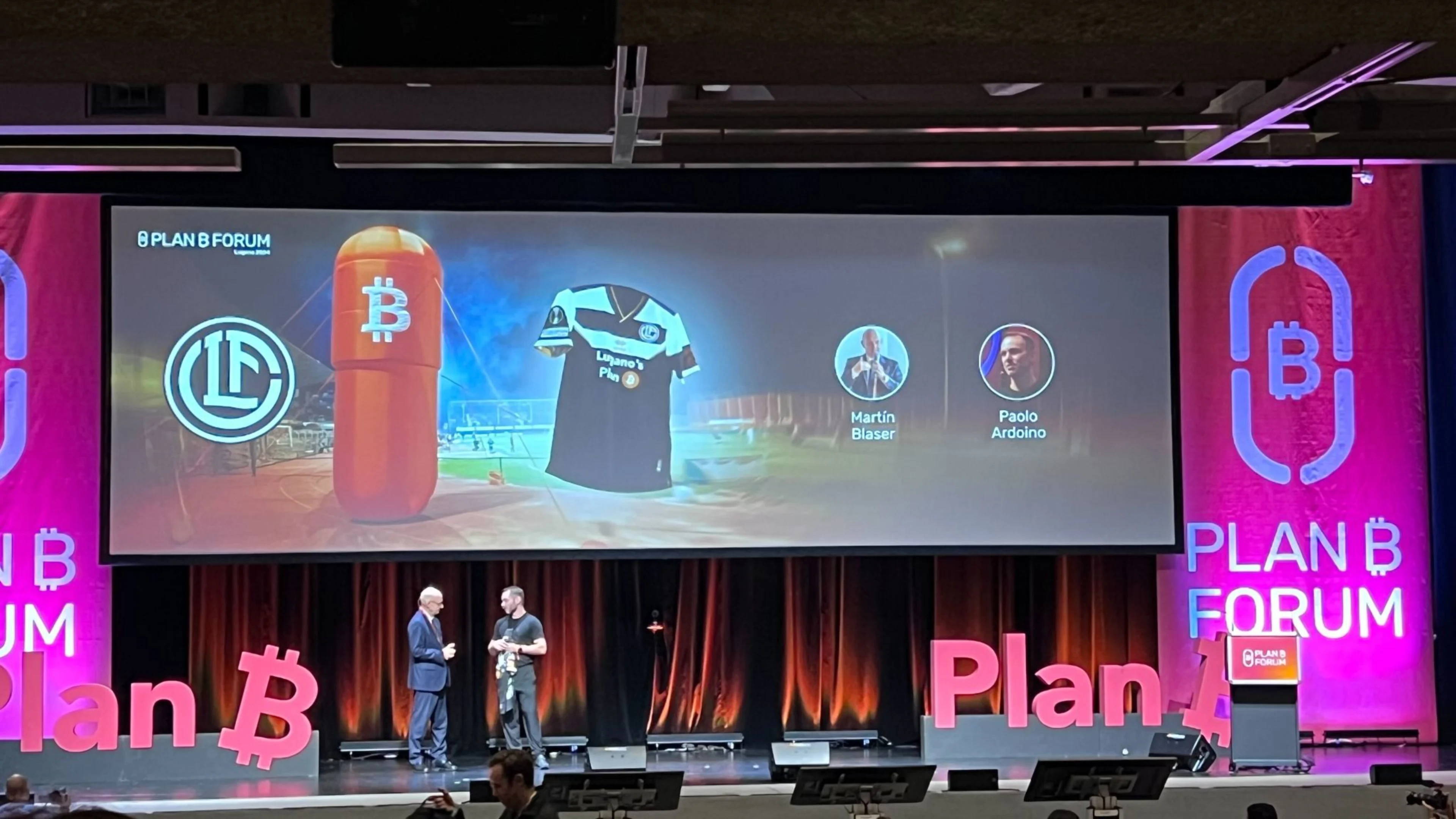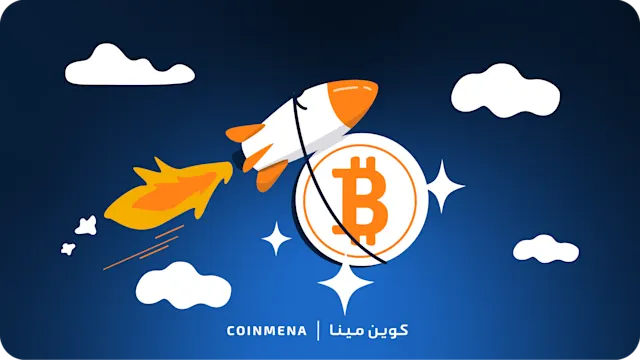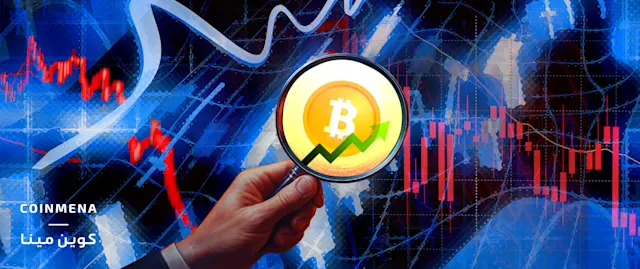
Bitcoin has already won—and it’s wild how early we still are
It’s been nearly 16 years since Satoshi Nakamoto released the Bitcoin whitepaper to a cryptography mailing list. Sixteen years—that’s all.

It’s been nearly 16 years since Satoshi Nakamoto released the Bitcoin whitepaper to a cryptography mailing list. Sixteen years—that’s all. Bitcoin is just a teenager, and you can tell how young the industry is when you attend events like the Plan B conference last week in Lugano, Switzerland. Crypto is still such a fresh field that you can chat casually with pioneers like Adam Back, who was even referenced in Satoshi’s whitepaper for Hashcash, the precursor to Bitcoin’s proof-of-work consensus mechanism.
In just sixteen years, Bitcoin has risen from obscurity to a major asset class, now appearing on corporate balance sheets and proving itself as a hedge against monetary debasement. Critics claim Bitcoin has “failed” simply because we’re not paying for coffee with it (though, in many cities, you actually can). What they miss is that Bitcoin is challenging the entrenched network effects of fiat currency, so sixteen years is a blip. Yet, this critique persists, causing many to miss what I believe is the investment opportunity of our lifetime due to short-sighted FUD.
A monetary asset goes through three phases as its being “monetized.” First, it becomes a store of value. Here, Bitcoin’s absolute scarcity draws comparison to gold. This use case is already proven; Bitcoin has emerged as a robust hedge against fiat debasement, with an annualized growth rate of 150% since 2011 (and over 50% annualized in the last five years). It’s the best-performing asset class globally. As a store of value, Bitcoin has already “won”.
The next phase is to serve as a medium of exchange, and we’re starting to see this in small communities and cities worldwide. Here in Lugano, Bitcoin is legal tender; you can pay for meals, drinks, and even taxes with it. While still niche, “circular economies” living on a Bitcoin standard are emerging globally. This is bitcoin’s ultimate destiny, a “peer-to-peer electronic cash system”, the title of the bitcoin whitepaper.
Finally, the third step is for Bitcoin to become a unit of account—the standard by which other goods are measured. Some of us have already adopted this mindset. Personally, I measure my net worth in Bitcoin, where everything from real estate to goods becomes more affordable over time. For example, an apartment in the Burj Khalifa cost around 1,400 BTC in 2016; today, it would cost around 20 BTC.
Companies that overlook Bitcoin on their balance sheets may live to regret it. Tether, the most profitable company per employee, has accumulated over 82,000 BTC, valued at more than $5 billion in pristine capital. Michael Saylor’s MicroStrategy, with over 200,000 BTC, has become the best-performing stock on the market, even outperforming giants like Nvidia.

Plan B was an exceptional event, leaving me more bullish and optimistic than ever about the future of Bitcoin and stablecoins. And as for the new Satoshi statue? Absolute fire!



